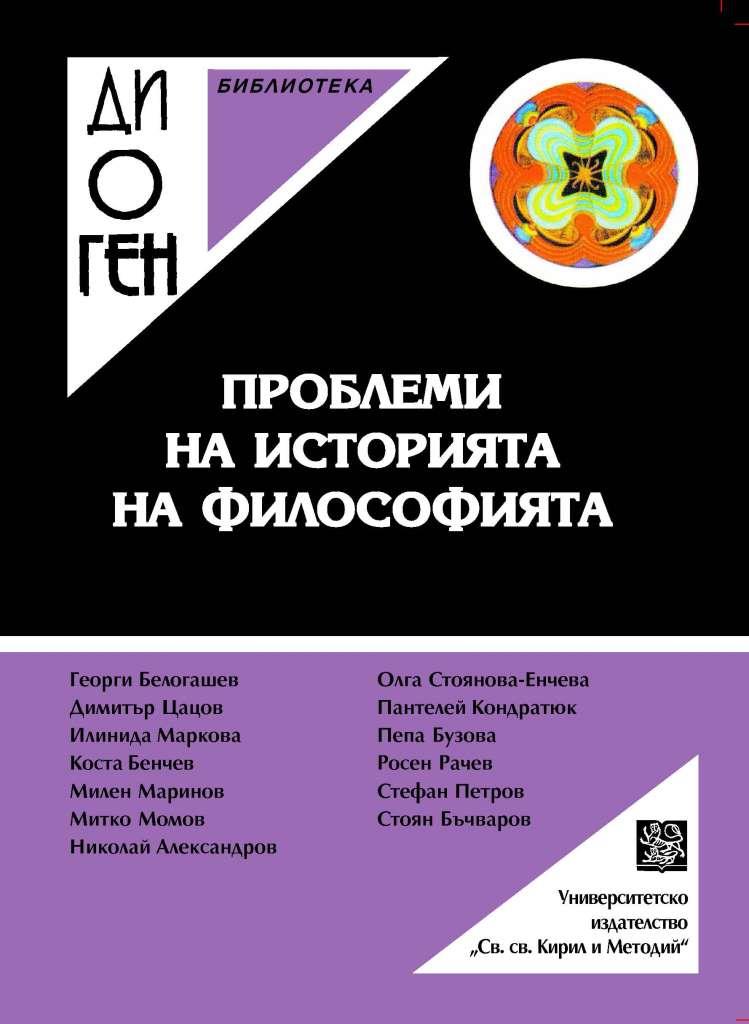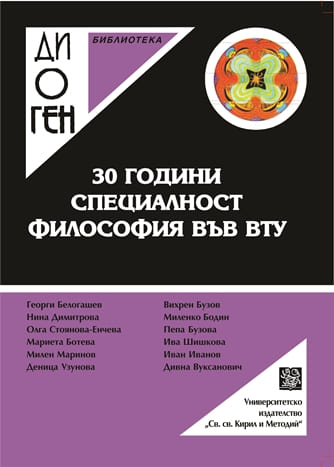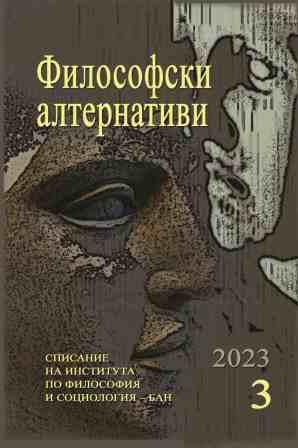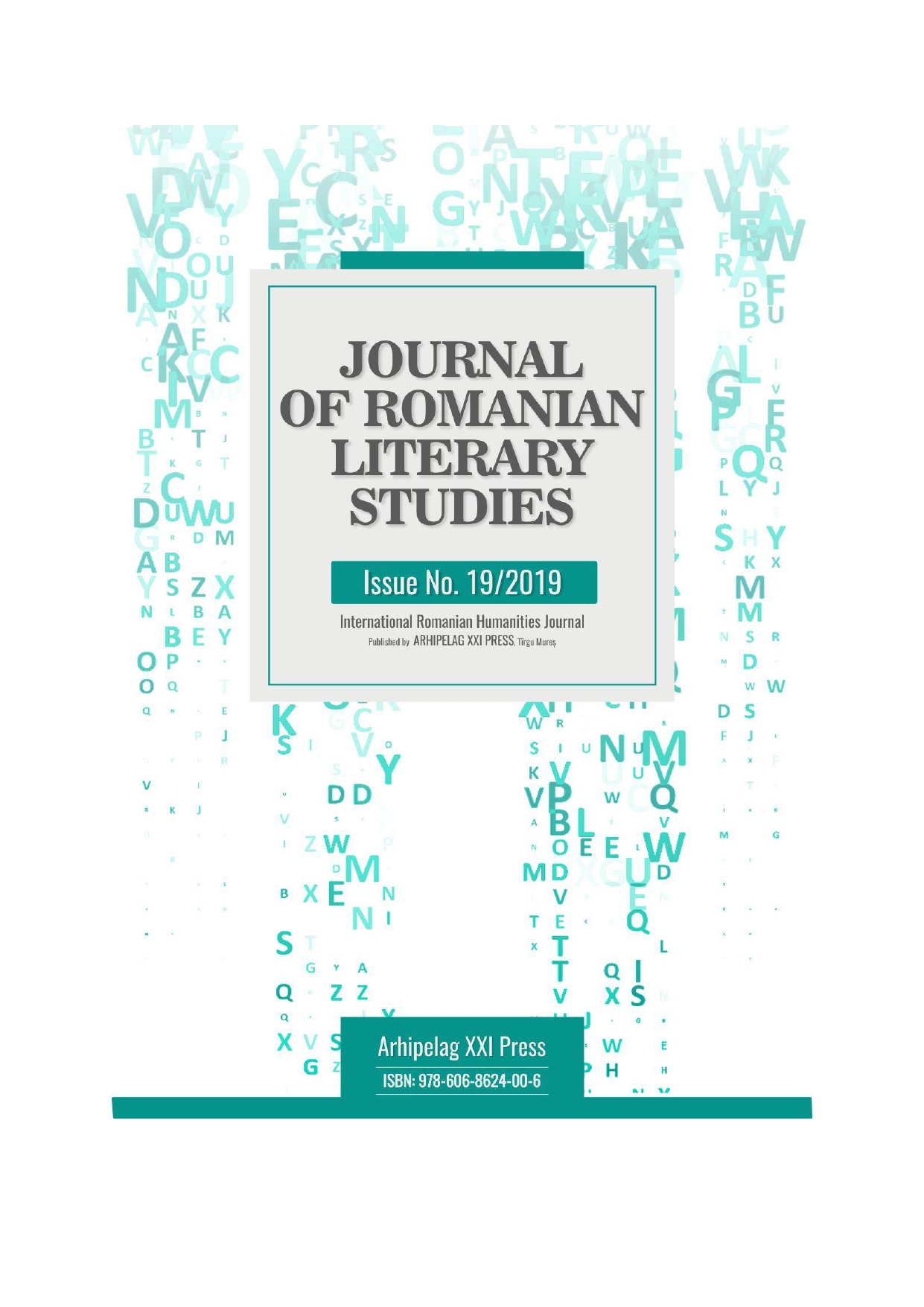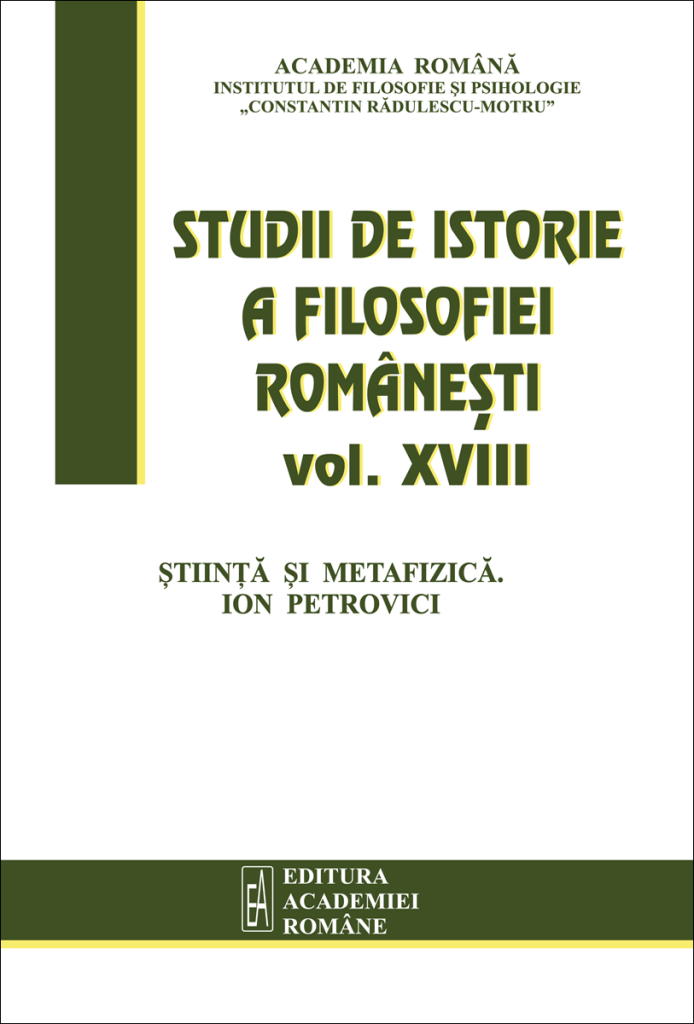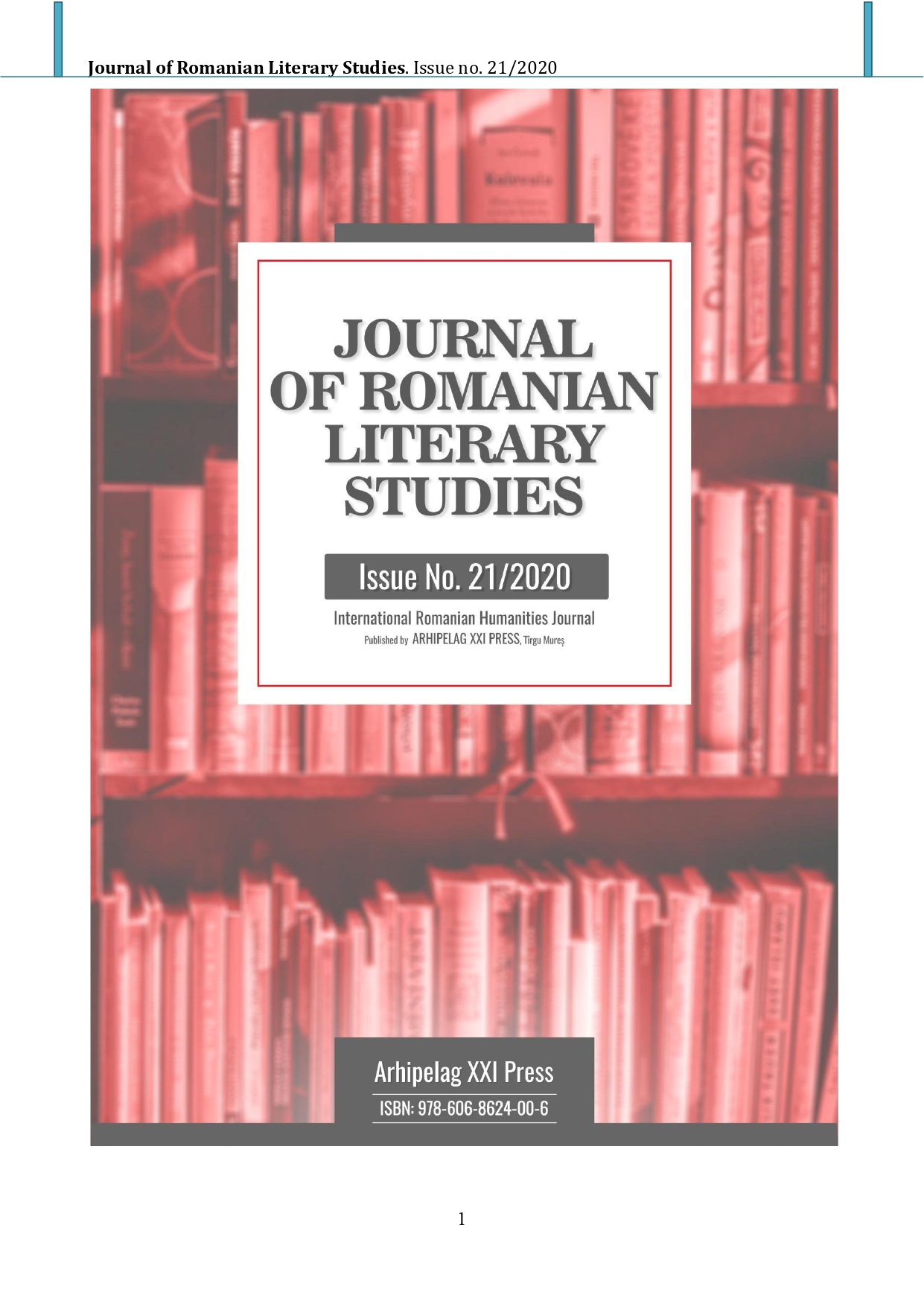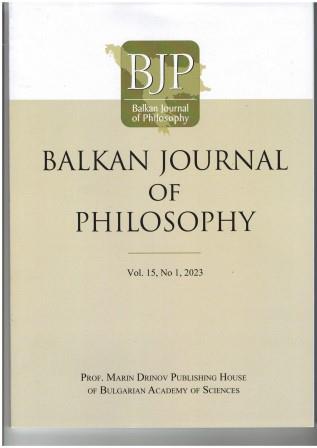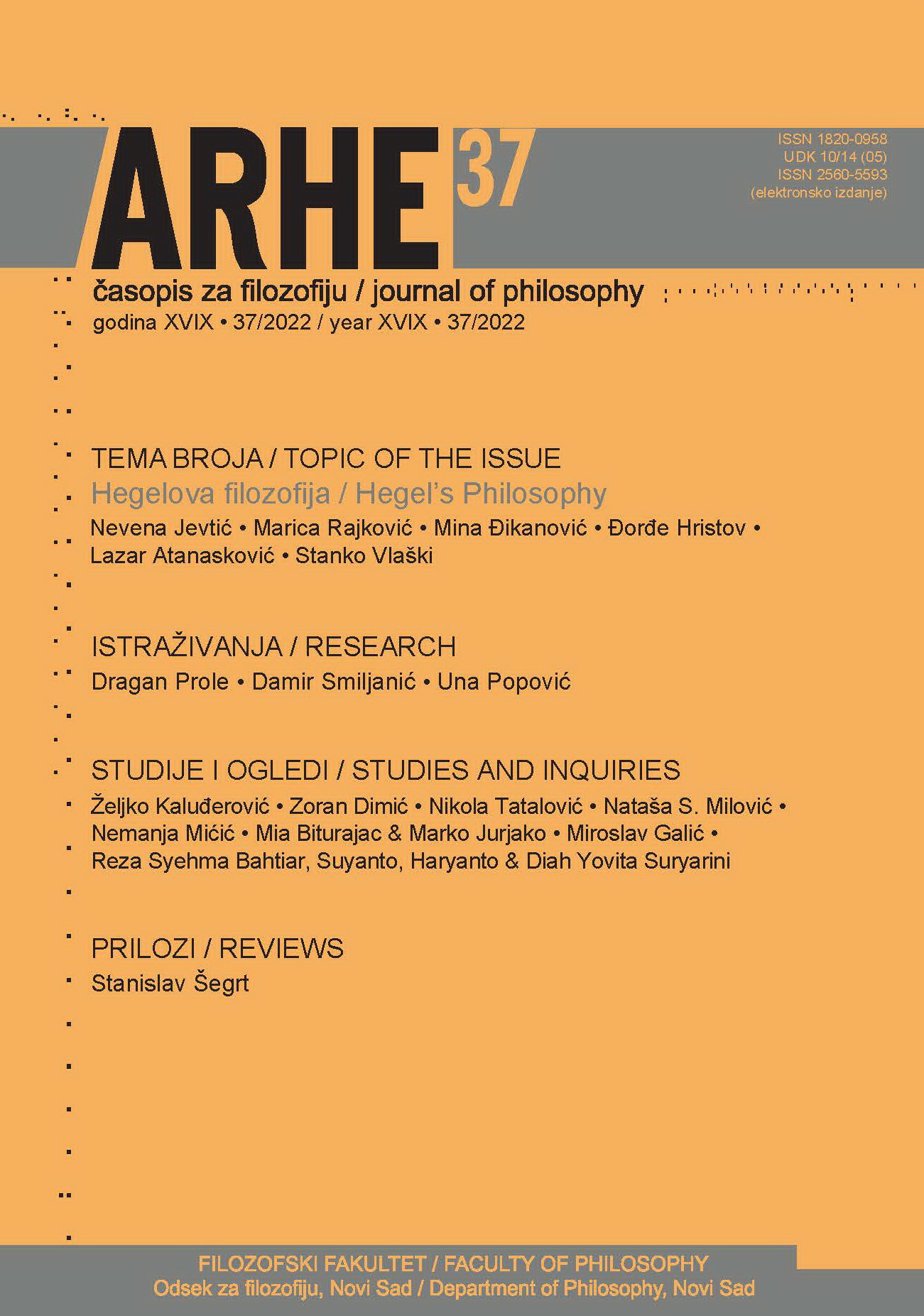Author(s): Gigi Sorin Sasu / Language(s): Romanian
Issue: 21/2020
Political thinking has certain roots that make it difficult to form a global picture. Modern politics has its secure origins in religion and philosophy. We can talk about two orientations: in one direction the political ideologies of individualistic orientation will start, in another direction, those of holistic orientation, will start. The structure of the state could not be Christianized enough, thus appearing excesses. The confusion of the “heavenly city”, also, led to excesses. The individualism in politics starts from the misunderstanding ok the Church- State relationship to which is added the legacy of ancient philosophy and the consequences of heresies and schisms. Some place the origins of individualism in scholastic theological thinking, other in the “unraveling” of the Renaissance, or even in the thinking of the three most reformers: Luther, Descartes and Rousseau. The individual is understood in a double way: that a new external object and as a value. The first category corresponds to the empirical subject, witch thinks, speaks, wants- the individual sample of the human species as we find it in all societies. The second category corresponds to the moral being independent, autonomous and therefore, essentially, new social, which is the bearer of our supreme values and witch meet first of all, in our modern ideology about man and society. Christianity is individualism and absolute universalism, because ups the teachings of Christ and the apostle Paul, the Christian is seen as an individual in relation to God. The individual soul receives eternal value from its filial relationship with God; hence Christians have their foundation and human brotherhood and “together they are in Christ”. In connection with obedience to the state authorities, the exhortation to “give to Caesar what is Caesar’s and to God what is his”, is only seemingly synthetic: according to God we bow to Caesar’s claims. The mundane plan is relativized because it is subordinated to absolute value. Individualism –outside the- world, subordinates the normal holism of social life. Then when the world will be modelled entirely, according to the supreme value, the individual- outside- the- world will become the modern individual- in the- world and holism will disappear. Hobbes, Spinoza and Rousseau represents thr trinity of philosophers who challenge the traditional duality of politics with the spirit, the supremacy of the Church, thus preparing the “ground” for a new order of absolute character.
More...
